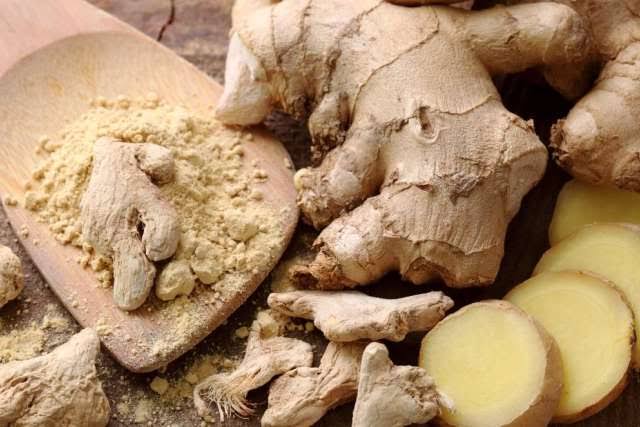Ginger has long been celebrated as a natural remedy for various ailments, from easing nausea to reducing inflammation. It is a staple in many households and is commonly consumed as tea, spice, or supplement. But while its health benefits are well-documented, less attention is given to the potential risks associated with ginger consumption. For all its merits, ginger isn’t without its downsides, especially when consumed excessively or under certain conditions. Here’s a closer look at some of the adverse effects that may arise from improper or excessive use of ginger.
Digestive Discomfort
While ginger is often used to aid digestion, overconsumption can have the opposite effect. High doses can irritate the gastrointestinal tract, leading to symptoms such as heartburn, diarrhea, and stomach upset. Individuals with conditions like acid reflux or peptic ulcers may find that ginger exacerbates their symptoms. To avoid these issues, it’s best to consume ginger in moderation and pay attention to how your body responds.
Blood Thinning Properties
Ginger’s ability to improve circulation stems from its natural anticoagulant properties, which can thin the blood. This effect can be beneficial in some cases but risky for people taking blood-thinning medications like warfarin or aspirin. Combining ginger with these medications increases the risk of excessive bleeding and bruising. Furthermore, those undergoing surgery are often advised to avoid ginger to minimize complications from bleeding.
Allergic Reactions
Although rare, some people may experience allergic reactions to ginger. Symptoms range from mild skin irritations like rashes or itching to severe reactions such as difficulty breathing. If you notice any signs of an allergy after consuming ginger, seek medical attention immediately. Testing for allergies beforehand can also help prevent such reactions.
Interactions with Medications
Ginger’s active compounds can interact with various medications, leading to unintended side effects. For individuals managing diabetes, ginger’s blood sugar-lowering properties may amplify the effects of diabetes medications, potentially causing hypoglycemia. Similarly, those on hypertension or heart medications should exercise caution, as ginger may interfere with the absorption or effectiveness of these drugs. Always consult a healthcare provider before combining ginger with prescription medications....Read Full Article [Click Here>]
Caution During Pregnancy
Ginger is often recommended to manage morning sickness during pregnancy, but it should be used with caution. Consuming high doses has been linked to an increased risk of miscarriage in some studies. Pregnant women are advised to consult their healthcare provider to determine safe levels of ginger intake.
Heart-Related Concerns
In rare instances, excessive ginger consumption has been linked to irregular heart rhythms and increased heart rates, particularly in individuals with pre-existing heart conditions. If you have a history of cardiovascular issues, discuss ginger use with your doctor to avoid unnecessary complications.
Conclusion
Ginger is undoubtedly a powerful addition to a healthy diet, but like any remedy, it comes with potential risks. Moderation is crucial, especially for those with underlying health conditions or who are taking medications. By understanding the side effects and consulting healthcare professionals as needed, you can safely enjoy ginger’s benefits while minimizing its risks.





